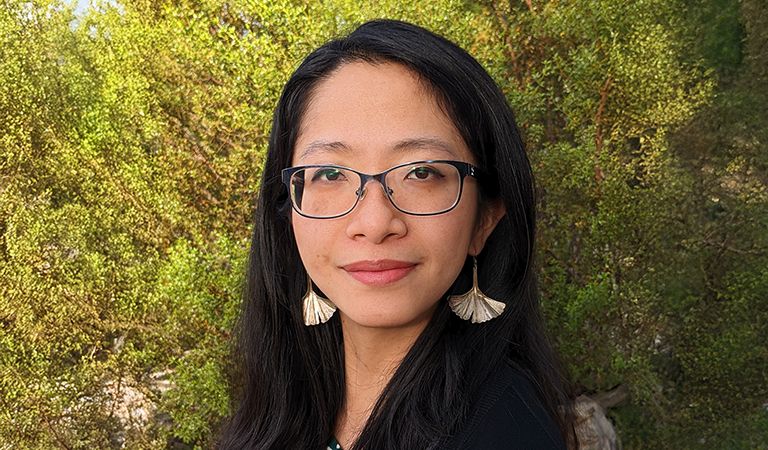How to Determine the Right NBA Bet Stake for Maximum Winnings
2025-10-19 10:00
The first time I placed an NBA bet, I made the classic rookie mistake—I threw $100 on a hunch about a player prop without considering bankroll management. I lost it all in the fourth quarter when the star player sat out with a minor cramp. That loss taught me more about betting psychology than any winning streak ever could. You see, determining the right stake size isn’t just about math or probability; it’s about rhythm, intuition, and storytelling—much like the lyrical soundscape of "South of Midnight," a game I’ve been immersed in lately. In that game, every spirit Hazel encounters has its own unique song that builds gradually, layering instruments and vocals as the narrative unfolds. Similarly, your betting journey should feel like a composed symphony, not a chaotic noise of random wagers.
Let’s talk about bankroll allocation. If you’re serious about maximizing winnings, you can’t afford to ignore the 1–5% rule. Personally, I cap my single bets at 3% of my total bankroll, which currently sits at $2,000. That means my average stake is around $60 per bet. Why such a conservative approach? Because variance is real. Even if you have a 60% win rate over the long term—which, by the way, is exceptional—you’ll still face losing streaks. I once went 0-for-7 on player over/unders in a single week. Had I staked 10% each time, I’d have blown nearly half my funds. Instead, I lost just $210 and recovered within ten days. Think of it like the music in "South of Midnight": the soft choral singing that accompanies Hazel’s platforming doesn’t overwhelm the scene; it supports it. Your stake should do the same—support your strategy without hijacking your finances.
But let’s get into the fun part: adjusting stakes based on confidence and edge. Not all bets are created equal. Some feel like the early verses of a spirit’s song—a faint melody with potential—while others hit like the full orchestral climax. For example, last season, I identified a matchup where the Warriors were undervalued by 4.5 points due to a key opponent injury. My usual $60 stake felt too timid. I bumped it to 5%—$100—and netted a $91 profit. That’s what I call "crescendo betting." It mirrors how "South of Midnight" layers music as Hazel uncovers a spirit’s story. At first, you hear a few instruments; by the boss fight, you’re engulfed in a catchy, campfire-style anthem. Your betting stakes should build like that: start small, gather intel, then amplify when the odds sing in your favor.
Emotion is the silent killer of bankrolls. I’ve seen friends chase losses with reckless doubles, only to dig deeper holes. It’s like ignoring the game’ audio cues—you’ll miss the rhythm and pay the price. One of my worst beats came after an emotional loss on a Lakers spread. I impulsively raised my next stake to $150, trying to recoup $85. Bad move. The second bet lost too, and suddenly I was down $235 in two hours. Now, I use a cooling-off period. If I feel that urge, I step away and listen to something like Huggin’ Molly’s boss fight theme—a track so infectious it resets my mood. It’s a reminder that discipline, not emotion, drives long-term gains.
Data helps, but instinct seals the deal. I track team stats like pace, defensive rating, and rest days, but I also watch games. Does a player look sluggish? Is the coach experimenting with lineups? These nuances aren’t always in the spreadsheets. For instance, I once noticed a star guard favoring his ankle during warm-ups. The line hadn’t moved, so I reduced my stake from $60 to $20. He underperformed, and I saved $40. It’s like how "South of Midnight" uses music to foreshadow confrontations—the subtle shifts in melody hint at what’s coming. Your bets should echo that awareness.
In the end, finding the right NBA bet stake is a blend of art and science. It’s about knowing when to harmonize with caution and when to solo with conviction. Just as "South of Midnight" weaves sound into its narrative fabric, your staking strategy should weave prudence into your betting story. Start small, listen to the odds, and let your wins compose a melody you’ll love hearing repeat.
